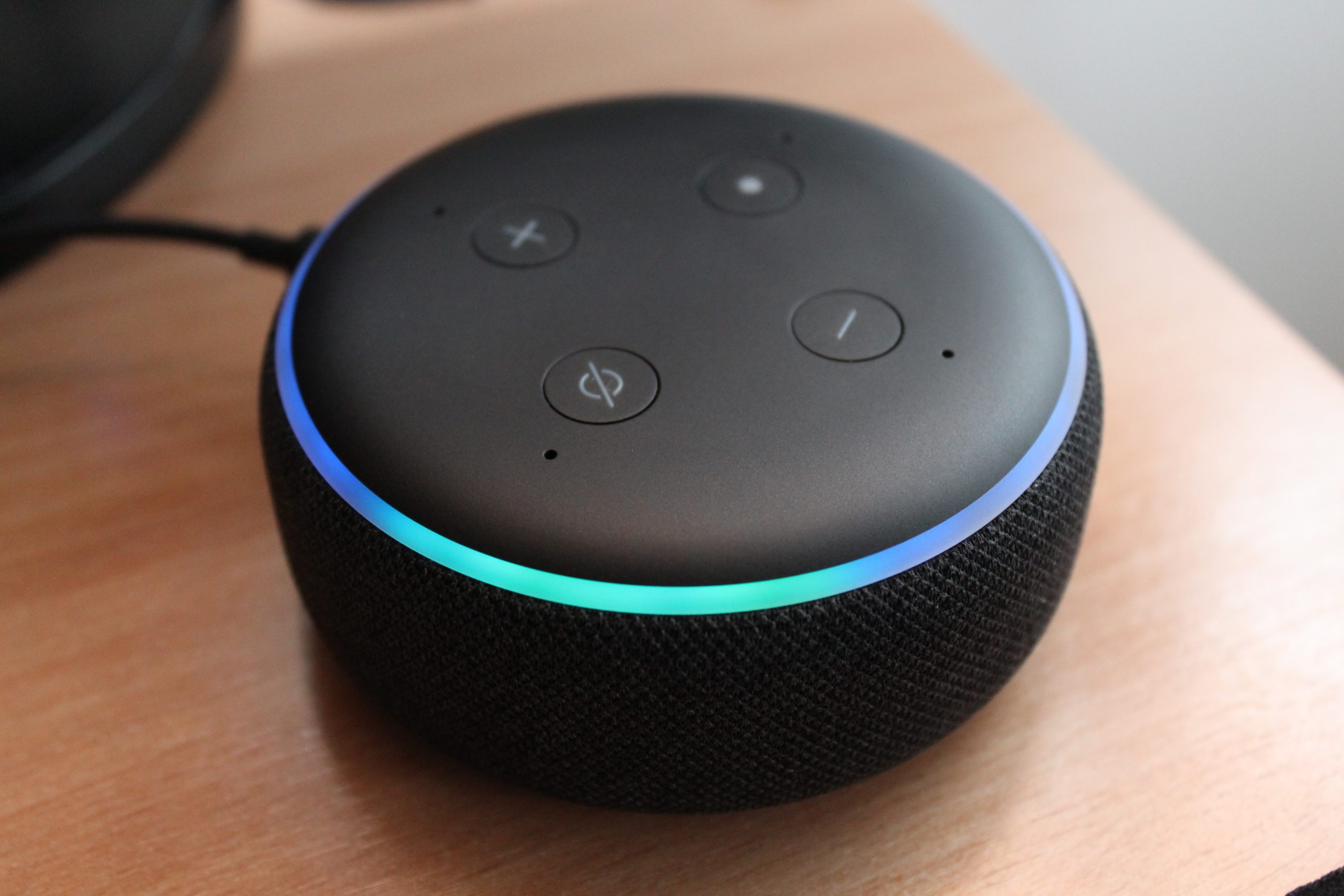Google CEO says AI is one of the most profound changes in history: ‘It will affect everything’
4 min read
Sundar Pichai, CEO of Google and Alphabet, shared his thoughts on the future of search and the transformative power of artificial intelligence (AI) in an interview with technology portal The Verge. The conversation with the North American Channel’s editor-in-chief, Nilay Patel, took place the day after the company’s popular Google I/O developer conference, during which Pichai revealed new generative AI capabilities across its suite of products. Google.
“I certainly see AI as an extraordinary platform change agent. It will affect everything: every industry, every industry, every aspect of our lives.” According to Pichai, it goes deeper than the change brought about by personal computing, the Internet, or cell phones. . “It is the deepest technology humanity is working on.”
As an industry leader, Google has played a major role in the development of AI technology, but Pichai acknowledged that other companies, such as OpenAI, have been quicker to bring generative AI products to market. In fact, he acknowledges that OpenAI’s collaboration with Microsoft on a new version of Bing is a formidable competitor to Google Search.
“I think we’re taking time to get it right because our products are used by a lot of people,” he said, shifting the cost of making mistakes onto giant Google.
In fact, one of the most concerning issues with GPT Chat or Open AI, for example, is the level of hallucination or error they make. For the CEO of Google, this is unacceptable in matters such as health, but it can be accepted if the chat request is about writing a poem. That’s what he means by “doing it right”. “We have made progress on the problem of hallucinations in the context of research, substantiating and supporting it with our taxonomic work. But he said.
“We started working on this new generative search experience last year. It’s important for me now to separate the signal from the noise. The signal for me here is that there’s a new way to improve search and user experience, but we have to get it right. And for me, that’s the mark. The rest Noise for me. So, for me, the important thing is to work and do well, and that’s what we’ve been focusing on,” he said when asked by The Verge journalist about his competitors.
Pichai acknowledged that today’s internet search can be hit or miss, with content farms and mediocre results. He believes that AI-powered search has the potential to provide more natural and accurate answers to user queries. However, realizing this vision will require a radical overhaul of the web and a comprehensive transformation of Google’s infrastructure.
To take concrete steps towards this goal, Pichai recently reorganized the AI teams at Google and Alphabet. One notable move was the merger of DeepMind, a subsidiary, into Google and its merger with the Google Brain AI suite. This strategic decision led to the formation of a new unit called Google DeepMind.
During the interview, Pichai outlined his vision for the future of Google and expressed his determination to lead the company towards continuous innovation.
Patel, the interviewer, asked him if he saw risks in “changing the platform”. He pointed out that when many people change their behavior, as is likely to happen with the development of artificial intelligence, then companies appear and then institutions tend to disappear. “Do you see that risk to Google in this change of platform?” he asked.
I felt more at risk with the cell phone. We developed Android and had to adapt it heavily across all of our products. It was a disruptive moment,” he said, explaining that the difference lies in the fact that Google is at the heart of AI. “We understand very well what it means to push the state of technology and embed it into our products… If you look at the size and scale of opportunity that AI gives us, I think That we’ve been investing heavily in AI for a while, and of course we’re not only going to integrate it into our products, but we’re also going to show it to the rest of the world. We planned from the start. So I’m excited for that moment.”
Regarding the future of the job market after the arrival of artificial intelligence, Pichai was more optimistic than many experts. “Within 20 years of technological automation, people expected all kinds of jobs to disappear,” he said relatively. I think there will be major labor market disruptions in society. Governments must intervene. There must be adaptations. Rehabilitation will be important. But I don’t think we should underestimate the beneficial aspect of some of these things either.”
Google’s CEO stated that this is an exciting time. “I’ve been preparing for this moment in AI for over 10 years. At Google, it’s no coincidence that we brought on Jeff Hinton, built Google Brain, or acquired DeepMind. We invest what’s necessary. We built a Tensor Processing Unit (TPU) “We announced TPU at I/O about six years ago. This is something I’ve been looking forward to for a long time. I’m excited because it’s a turning point. But since we’ve been in this business for 25 years, we know how important it is to be responsible from day one.”

“Musicaholic. Thinker. Extreme travel trailblazer. Communicator. Total creator. Twitter enthusiast.”







